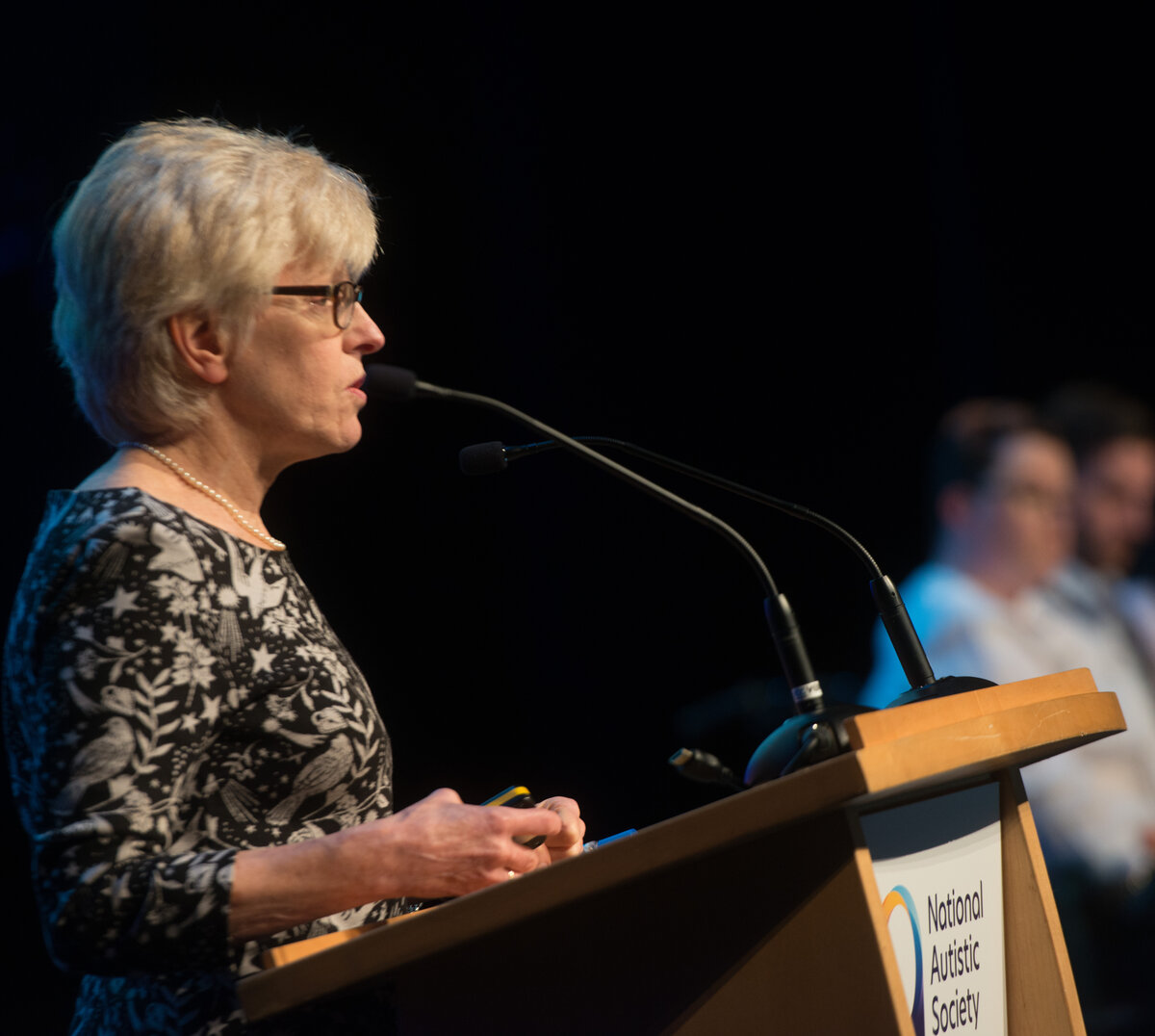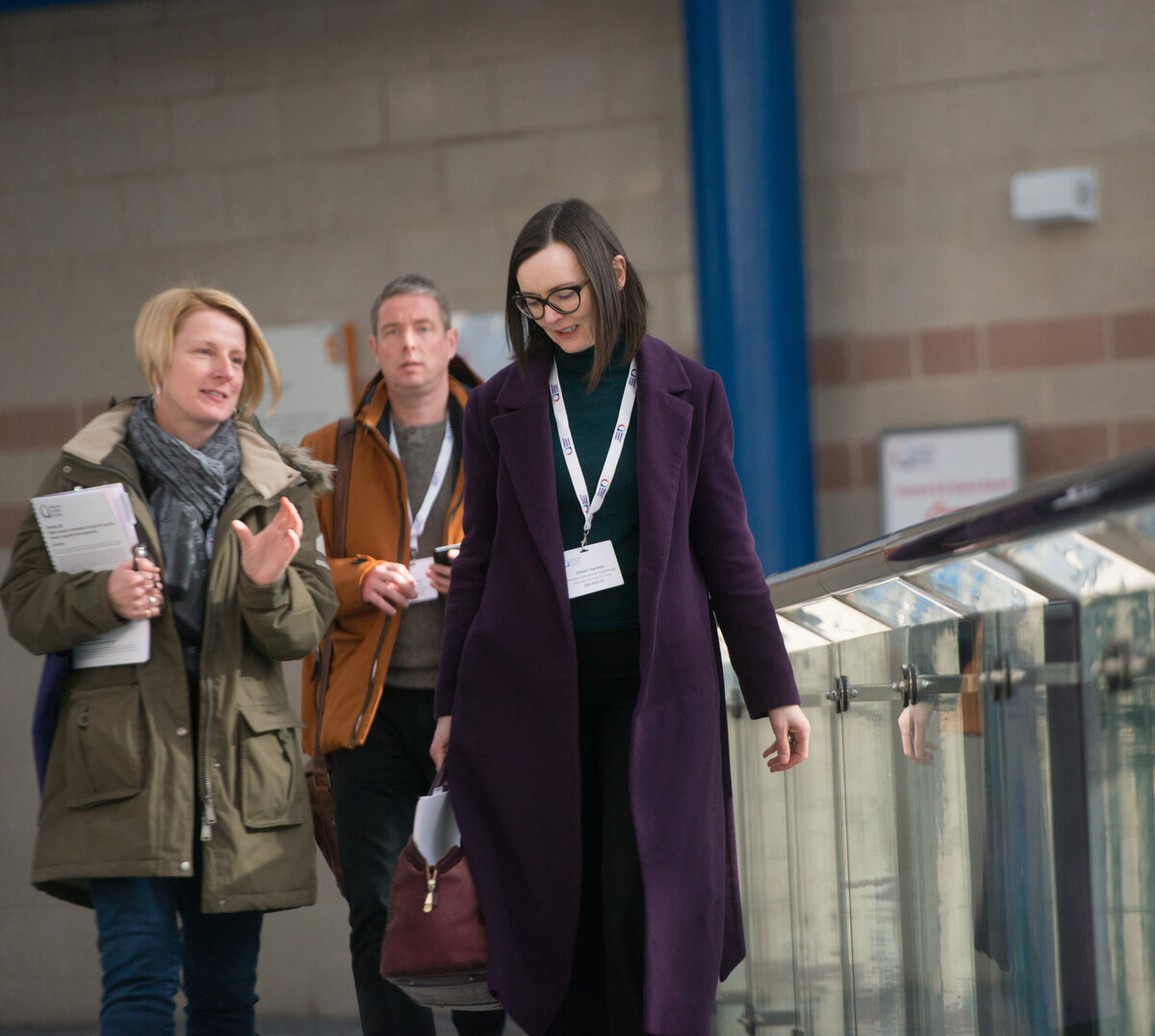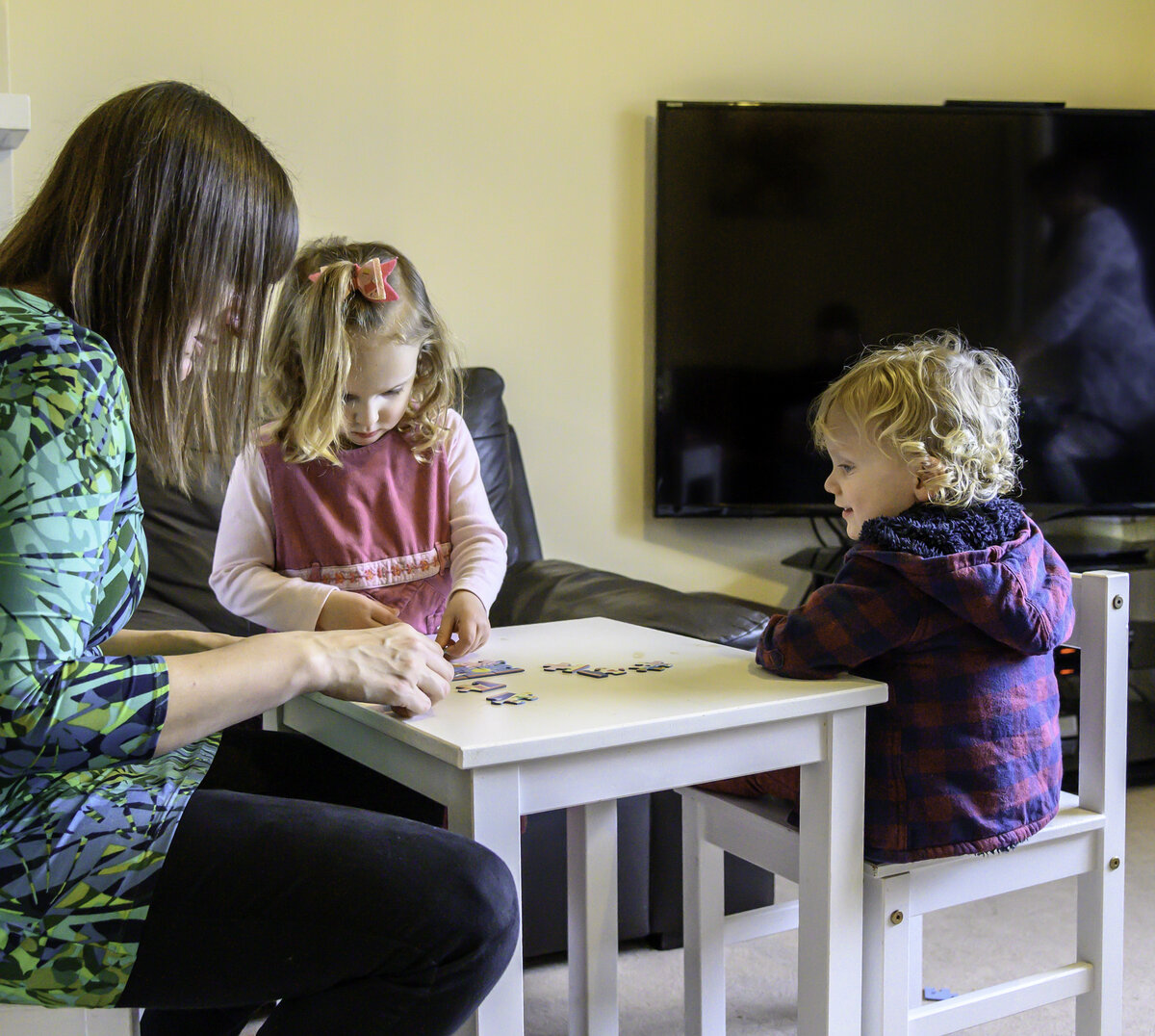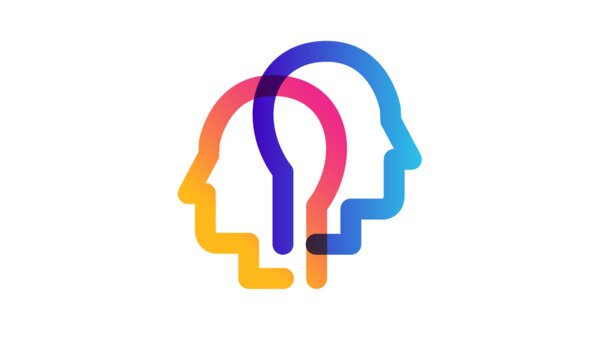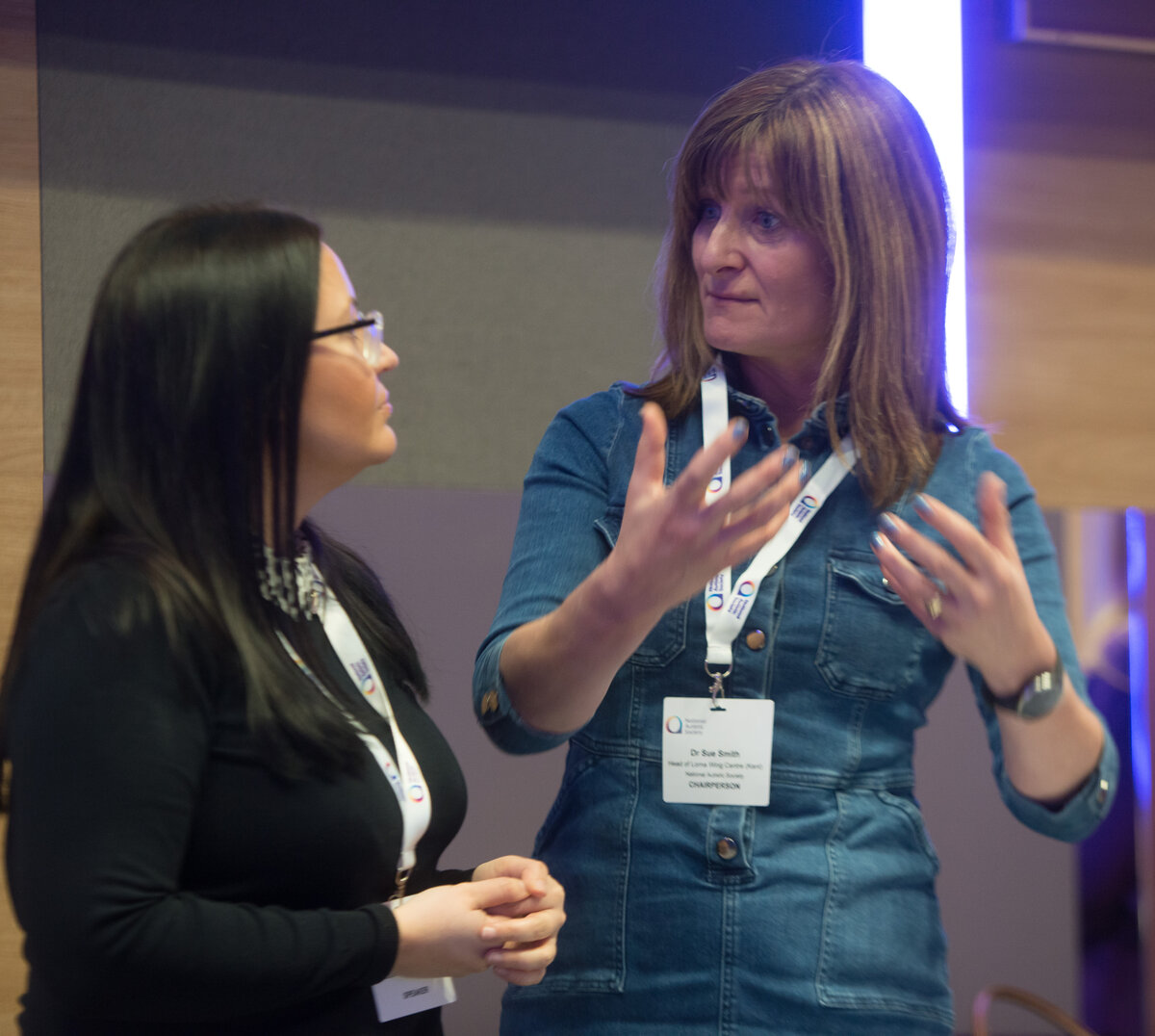Supporting BAME autistic people and their families
Published on 06 December 2017
Author: Venessa Bobb
Venessa Bobb is the founder of A2ndvoice, a small voluntary group run by parents and carers of autistic children and adults, and Branch Officer of the National Autistic Society Lambeth Autism Group. Here Venessa discusses the difficulties Black, Asian and minority ethnic autistic people and their families face when accessing support.
Autistic people and their families may face similar challenges - alienation, isolation, family breakdowns and the blame game - but research has shown that families within the Black, Asian and minority ethnic (BAME) community experience double discrimination, due to their ethnicity and disability (National Autistic Society, 2014).
Many BAME families may struggle to engage with local autism groups due to a number of reasons:
- a lack of representation – particularly from those who facilitate the group
- a language barrier, which means they may be misunderstood and have no one to translate
- not finding families that look like them, and not being able to discuss issues related to their culture and/or religion.
My son, Nathaniel, was diagnosed in 2008 and it took me years before I was able to meet many other Black families in similar situations as myself - my main counterparts and supporters where white families.
When my son had meltdowns in public or would verbally abuse me, onlookers didn’t recognise this as autism. People will see the behaviour and then the colour of my child’s skin.
There can be many factors that contribute to delays in a child or adult getting a diagnosis, these include:
- language barriers
- cultural differences
- religious beliefs
- family traditions.
With the above in mind, some families from the BAME community may struggle more to accept an autism diagnosis, especially if the child doesn’t have a learning disability.
Meeting the needs of BAME families
Please be mindful that although autistic people may share some similar experiences, for many within the BAME communities it’s a fact that there is a problem in services meeting their cultural and specific needs. A2ndvoice is not a BAME group, but as a black mother, people refer to me as a BAME organisation. It is important for BAME families to know that someone does represent them and can understand their cultural needs.
Despite many BAME autistic people and their families using many of the statutory organisations and voluntary groups, their experience is not reflected in surveys, consultations and forums. This is something I feel needs to change.
The best way to support autistic people and their families within the BAME communities is to find out as much as possible about the family and their needs, then signpost to relevant organisations. I do not believe that one service provider can support all BAME communities.
I work closely with another autism group in Battersea, SEN Talk, who support mainstream primary school children with a diagnosis of autism and/or ADHD. SEN Talk works regularly on cases where school exclusions have been implemented illegally, and often these children in question are from the BAME community.
At A2ndvoice we host regular activities for families, and SEN Talk are able to provide comprehensive support to families attending our sessions. We have found that by working together we are able to bridge the gap in service provision and improve cultural understanding amongst organisations and professionals.
Bringing together professionals, parents and autistic people in hosting joint events can be very helpful. Everyone has a part to play and it is not led by one single person or organisation but jointly, so the needs of the individual can be fully explored.
Further information
- A2ndvoice
- National Autistic Society Lambeth Autism Group
- The Voice (2014) - Black Children With Autism Struggle To Get Help
- Learning Disability Today (2014) – Watching brief: BAME autism support
- Premier (2016) - Churches to be more understanding towards autistic worshipers, says activist
- The Voice (2017) – Autism awareness call
- Community care (2007) - Autistic children from ethnic minorities face ‘double discrimination’, claims National Autistic Society
- Metro (2017) - World Autism Awareness Week: Living with autism and coming from an ethnic minority background






